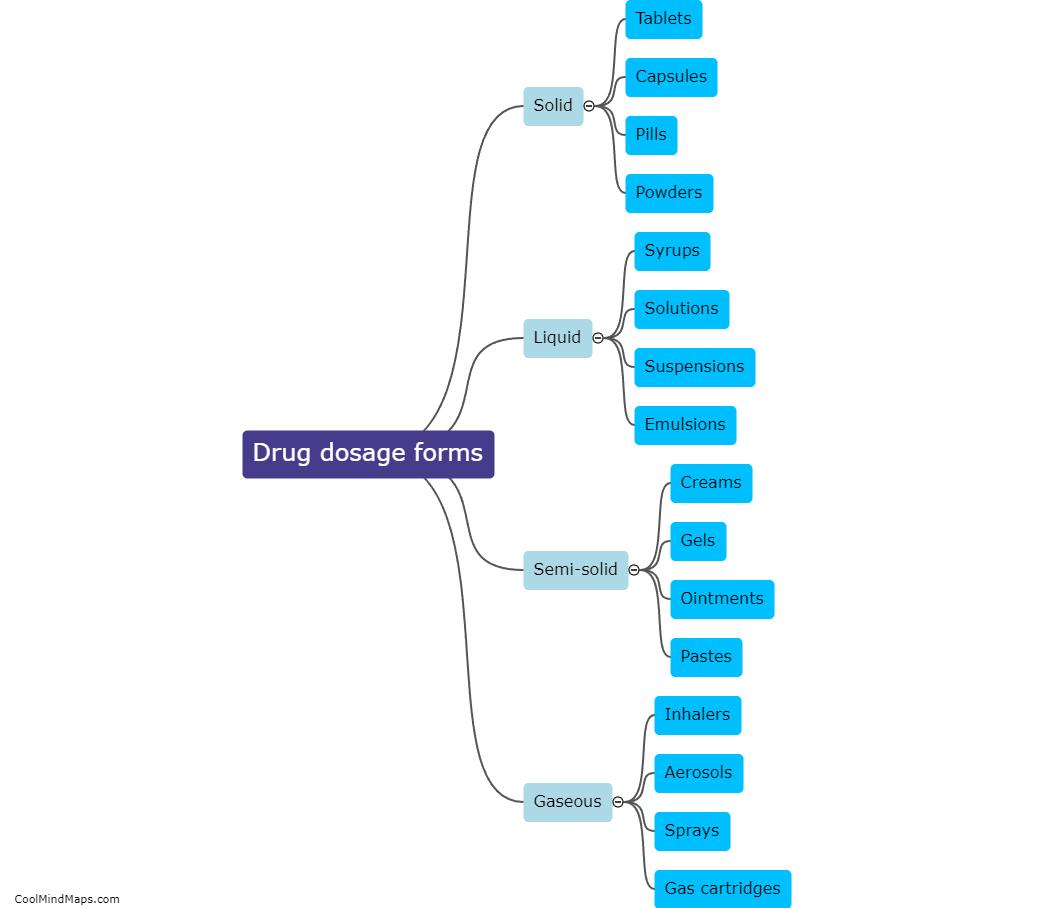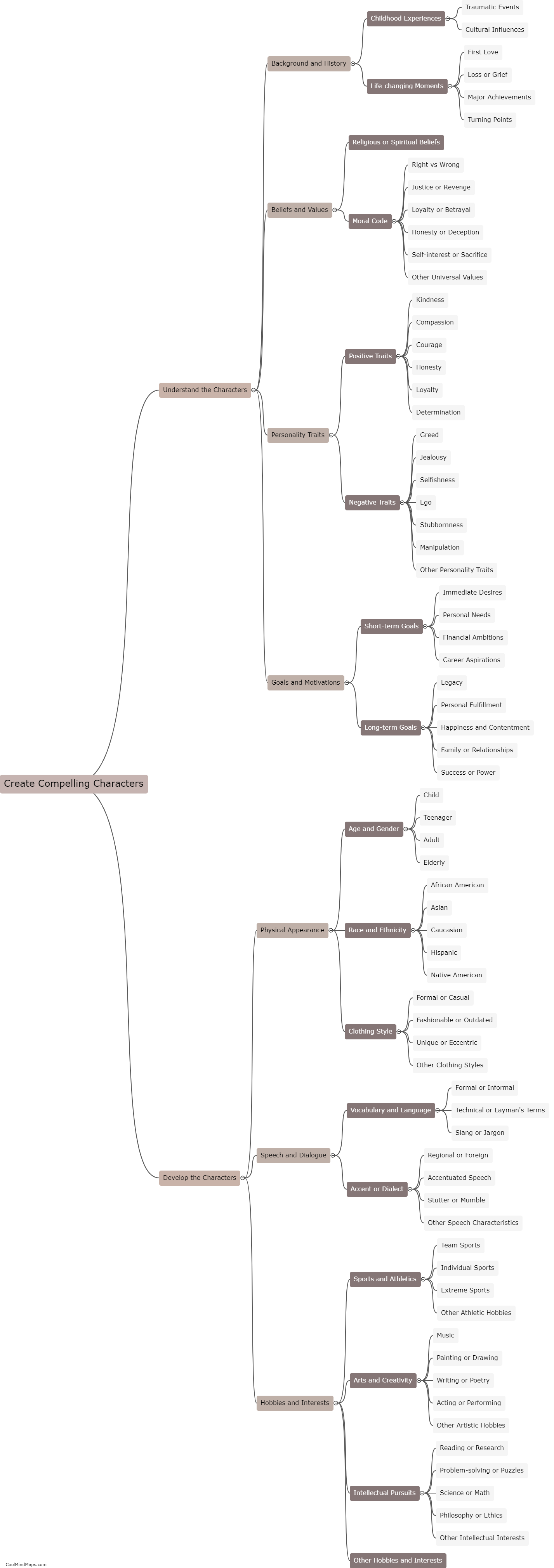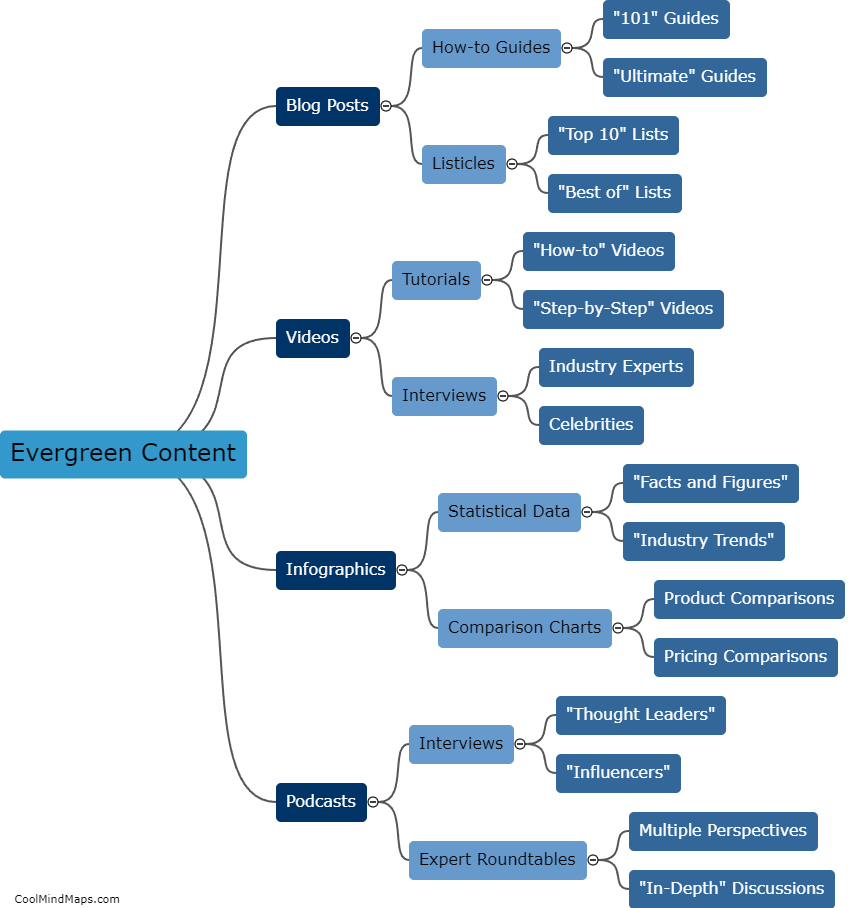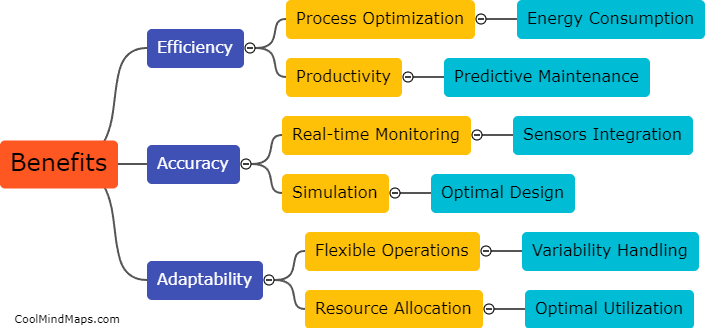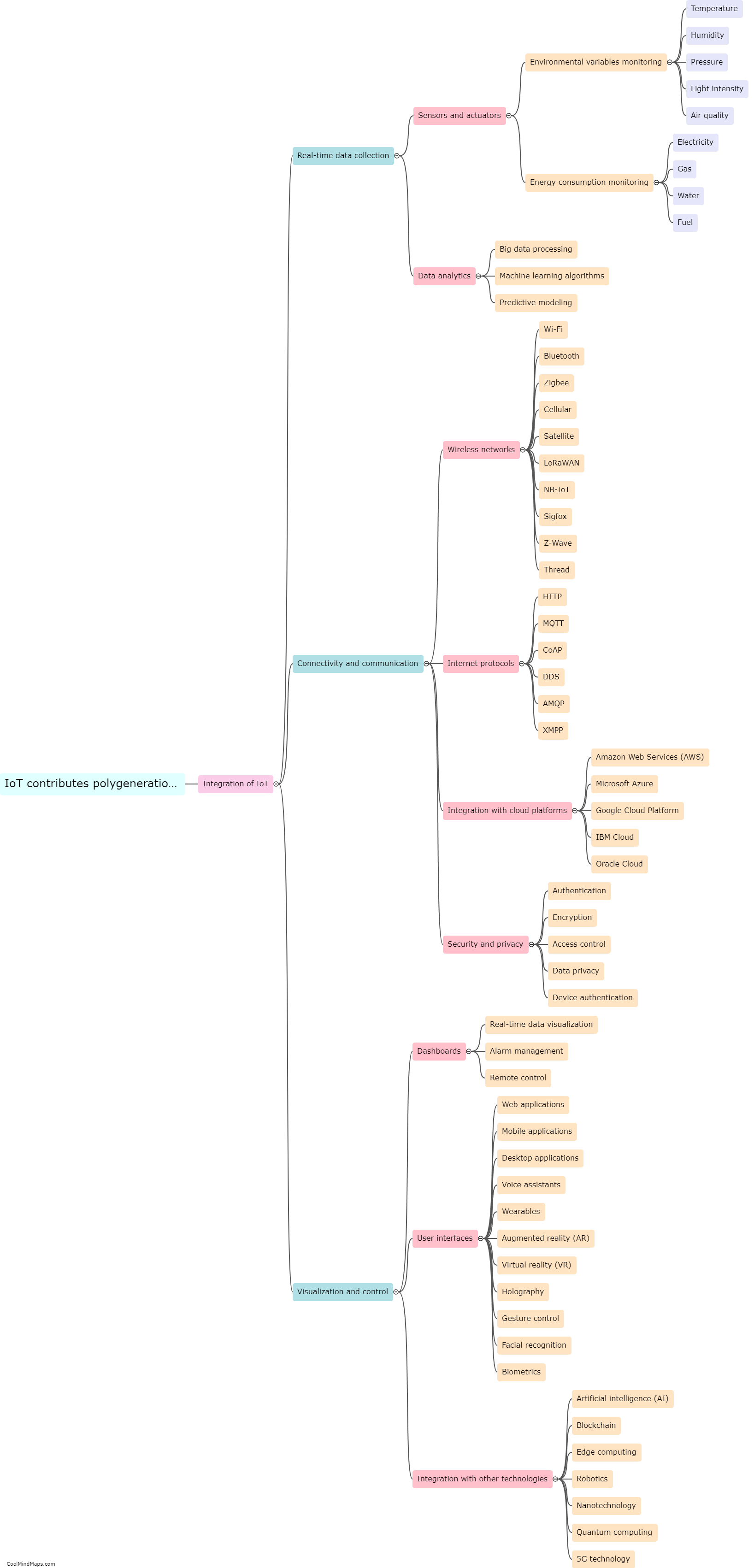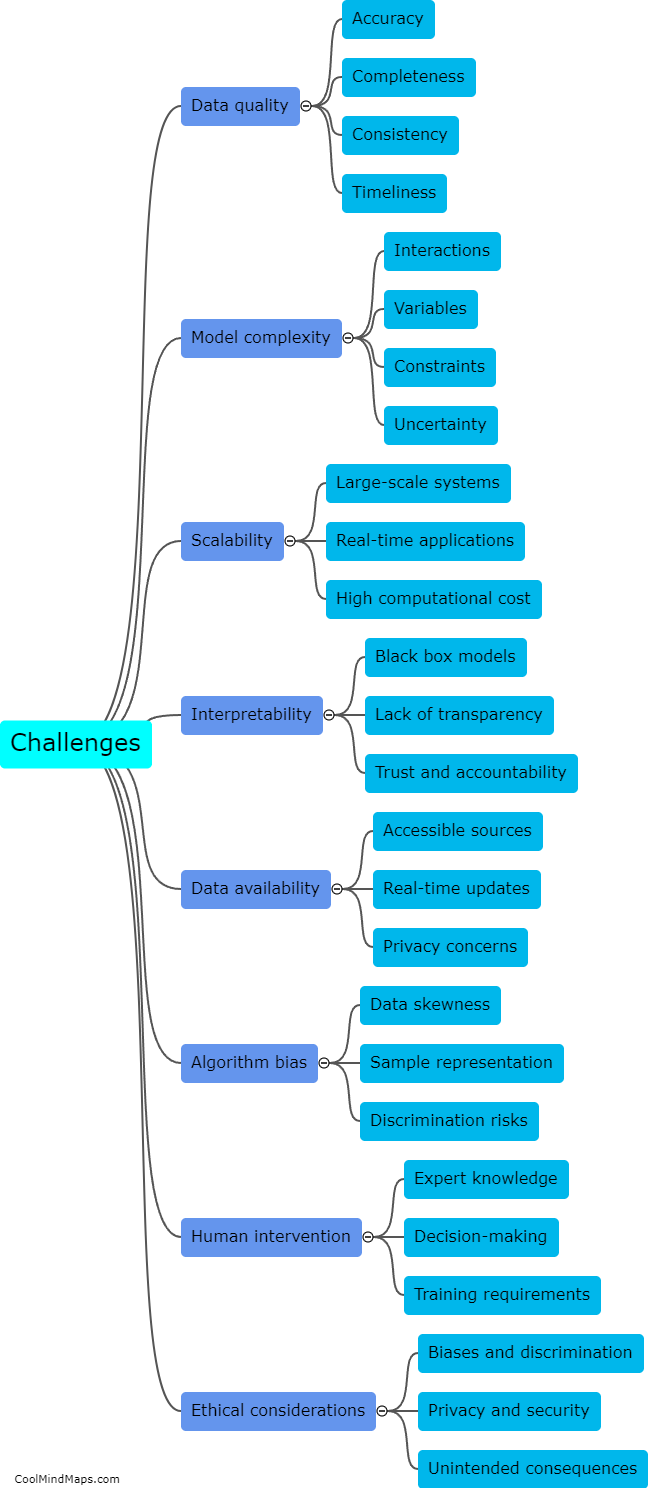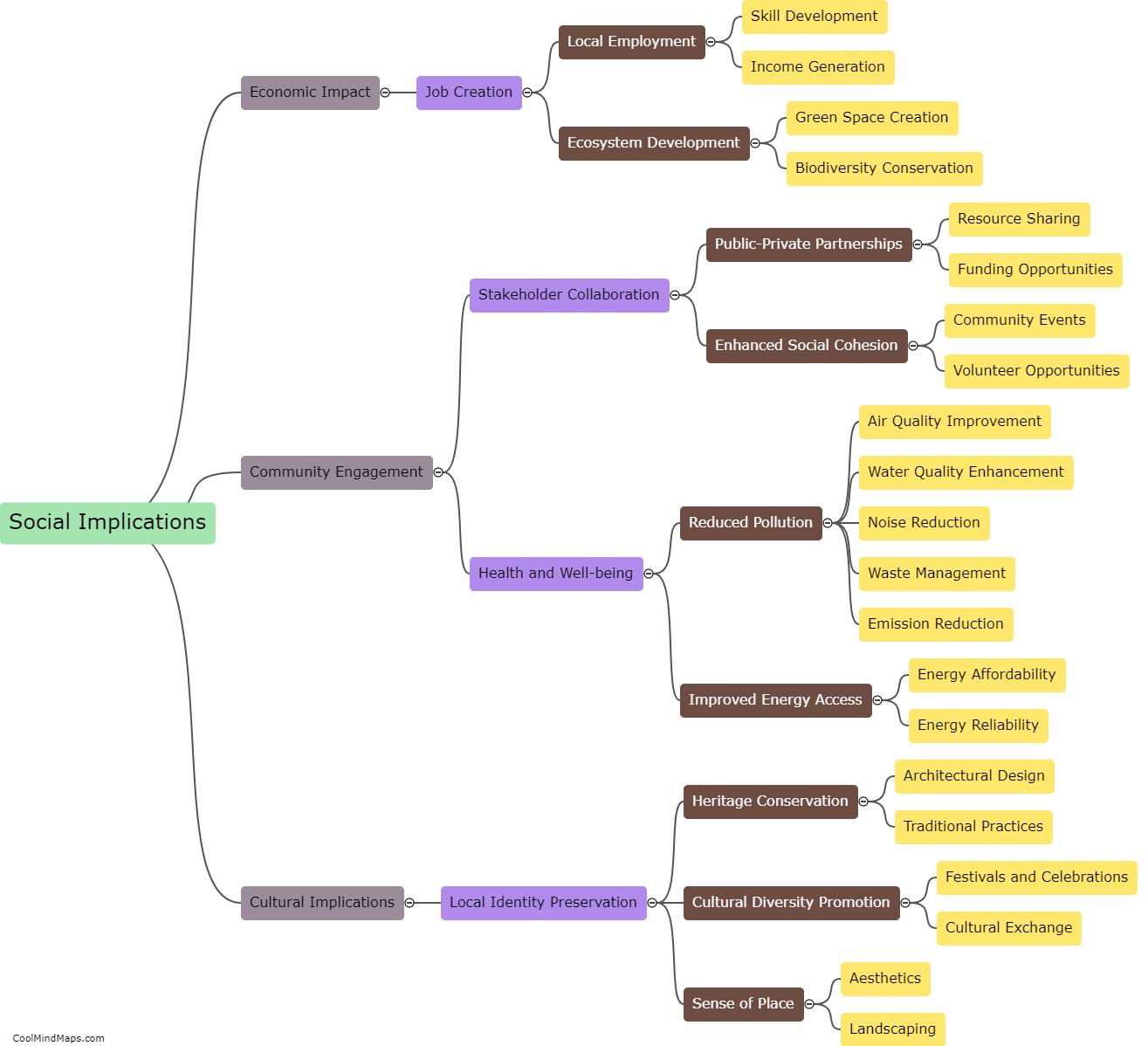Are there any ethical considerations involved in modeling polygeneration degintal twins with artificial intelligence?
Modeling polygeneration digital twins with artificial intelligence raises several ethical considerations. One major concern is the potential invasion of privacy, as collecting and analyzing extensive data about multiple generations of individuals could infringe upon their autonomy and confidentiality. Furthermore, there could be issues related to informed consent, particularly when it comes to using personal data from deceased individuals or using data without their explicit permission. Additionally, there is a risk of unintended consequences or biases in the modeling process, as AI systems can amplify and perpetuate existing inequalities or stereotypes. Proper measures must be taken to ensure transparency, accountability, and fairness in the development and use of such models, addressing these ethical considerations to avoid any potential harm to individuals or society.
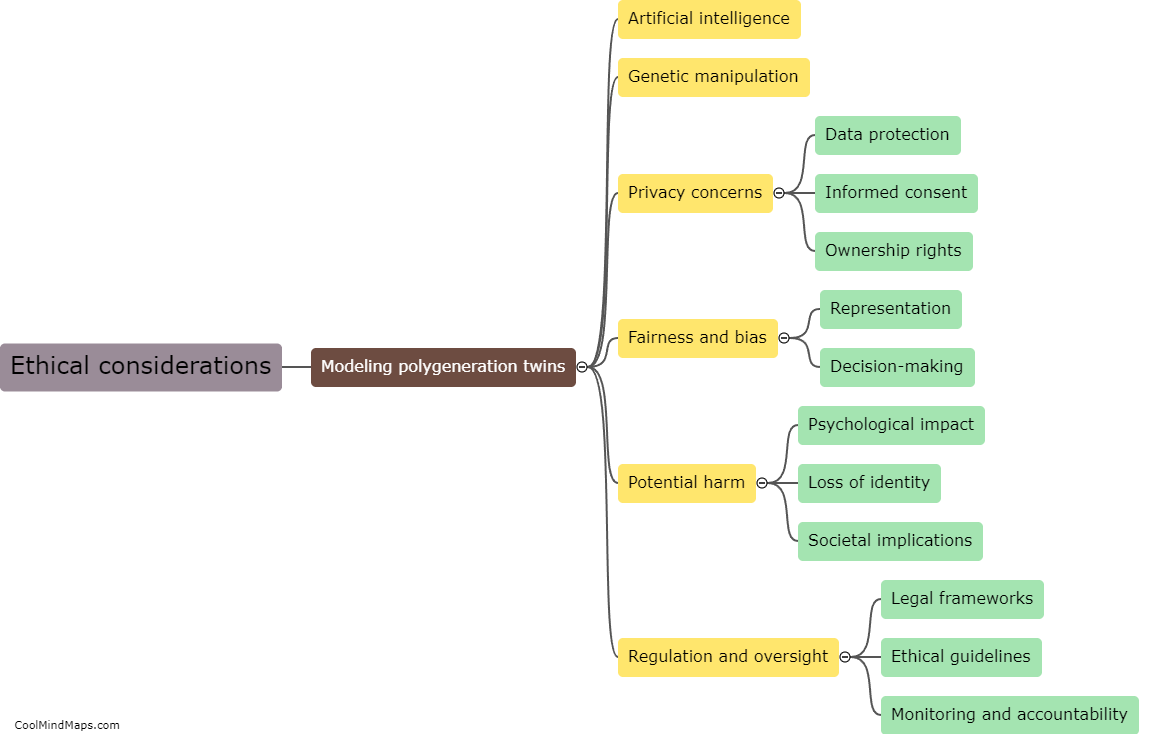
This mind map was published on 26 October 2023 and has been viewed 41 times.
